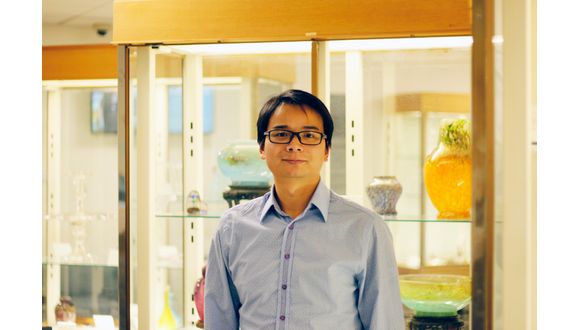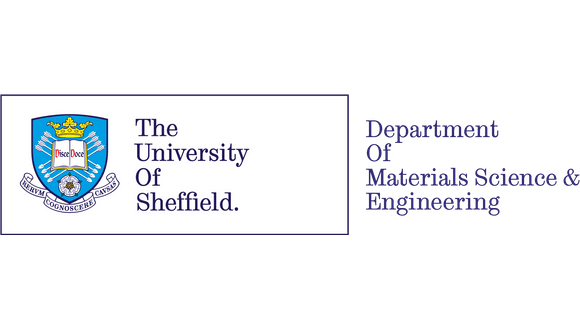Wed, 25 November, 2020
TWI is due to begin work supporting UKRI Future Leaders Fellow Dr Dikai Guan of the University of Sheffield’s Department of Materials Science and Engineering.
Dr Guan completed his PhD in November 2015 and is now involved in investigating the operation and research competencies for developing high performance light alloys (e.g., Mg, Al, Ti), composites, and novel characterisation methods for several industrial sectors where lightweighting and energy efficiency are urgently required.
Researchers and innovators from across the UK are welcome to join the Future Leaders Fellowships scheme and gain support to develop their careers while working on difficult and novel challenges. The initiative offers funding for applicants from a wide range of experiences, disciplines and sectors.
Dr Guan is working alongside TWI on a project, facilitated by Joao Gandra of our Friction and Forge Processes Department, to investigate lightweighting in the automotive industry, increasing fuel efficiency and reducing carbon emissions. Magnesium is becoming an increasingly popular solution for automotive engineers, as it is 75% and 33% lighter than steel and aluminium (Al) respectively, while reducing a vehicle’s weight by 50 kg decreases emissions by up to 5g CO2/km and increases fuel economy by up to 2%.
However, despite the advantages, magnesium components currently only constitute 1% of a typical car’s weight. This low usage is due to factors such as high production cost, low formability and high corrosion rate, compared to heavier Al alloys and steels. It is believed that the development of high performance magnesium alloys could solve these challenges and create demand over the next few years.
Traditional alloy design routes and manufacture are time consuming and expensive as well as not guaranteeing the required performance levels. This fellowship plans to develop new routes for alloy design and manufacture to produce strong, formable, stainless, corrosion-resistant and low-cost Mg alloys. Dr Guan will work with TWI to devise low cost and less-challenging severe plastic deformation (SPD) processes involving friction stir welding (FSW).
TWI has great expertise in FSW of magnesium alloys and it is planned to apply friction stir processing (FSP) methods, previously used on aluminium alloys, to obtain refined grains in magnesium alloys. Recent research has shown that the texture can be manipulated by adding suitable alloying elements and optimising the processing window to activate a preferable recrystallisation nucleate site, induce solute segregation or concurrent precipitation to change the grain growth behaviour and texture evolution. In addition to this, special texture components have been shown to offer benefits to decrease the corrosion rate of magnesium alloys.
This collaboration between the University of Sheffield and TWI will investigate the fundamental effects of alloying element pairs/groups on grain boundary segregation, twinning behaviour, precipitation, grain growth behaviour and texture evolution. This will provide a deeper understanding of the synergy between novel alloy compositions and processing parameters and how FSW/FSP can be easily used to produce industrial-scaled Mg components.
 Dr Dikai Guan
Dr Dikai Guan
